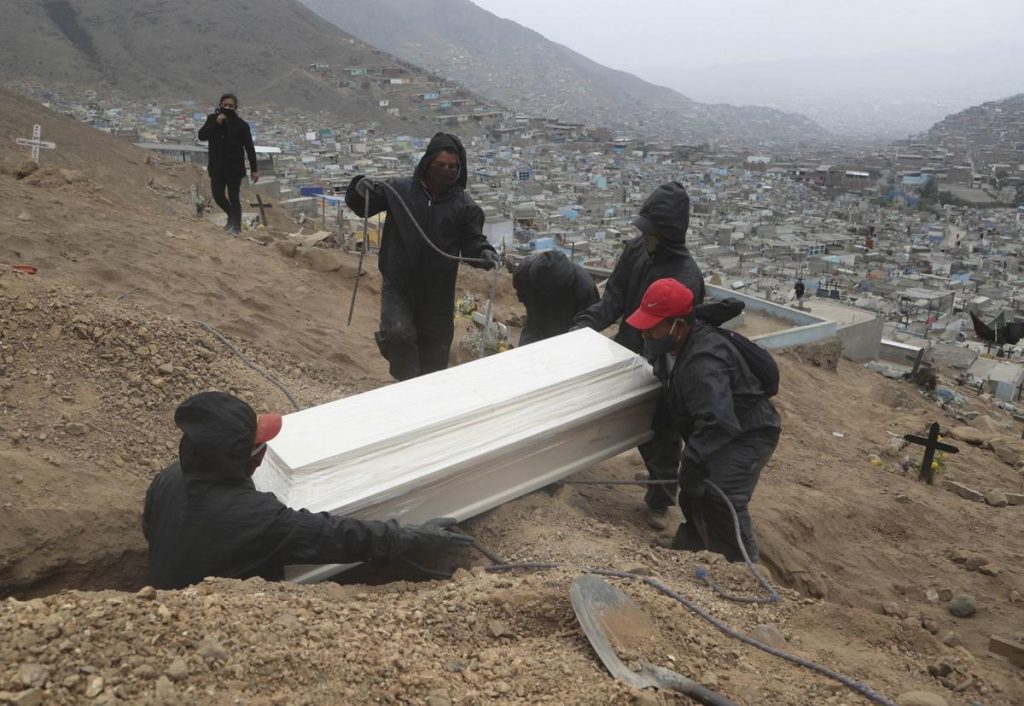Authorities in Germany’s Goettingen and North Rhine Westphalia regions have called on police to enforce quarantine measures following a rise in local coronavirus infections, which caused the country’s virus reproduction rate to spike.
Germany’s reproduction rate of novel coronavirus infections jumped to 1.79, the Robert Koch Institute (RKI) for public health said on Saturday, far above the level needed to contain it over the longer term.
The number of confirmed coronavirus cases in Germany increased by 687 to 189,822, data from the RKI showed on Sunday.
A riot broke out at a block of flats in Goettingen on Saturday where around 700 people had been placed into quarantine.
“Around 200 people tried to get out, but 500 people complied with quarantine rules,” Uwe Luehrig, head of police in Goettingen, said at a press conference on Sunday.
In the ensuing fracas, eight police officers were injured after residents started to attack law enforcement officials with bottles, fireworks and metal bars, Luehrig said.
Officials in North Rhine Westphalia forced 6,500 employees and their families to go into quarantine after more than 1,000 staff at German meat processing firm Toennies tested positive for coronavirus.
Armin Laschet, the premier of the state of North Rhine Westphalia called in consular officials from Poland, Bulgaria and Romania to mobilise translators to persuade workers at a local meat processing plant to observe a new lockdown.
“There are 1,300 properties where staff and their families live, and where we need to observe the quarantine rules,” Laschet said at a press conference on Sunday, explaining that local police and public order officials were helping out.
“We need to explain to people that if they are infected they should not seek to return to their home countries. Their best chance is to stay in Germany where they will get the best healthcare,” Laschet said.
Also Read:
Pope says coronavirus should spark new environmental awareness
Saudi Arabia registers 3,379 new cases, 37 deaths
Trump urges slowdown in COVID-19 testing calling it a ‘double-edged sword’


